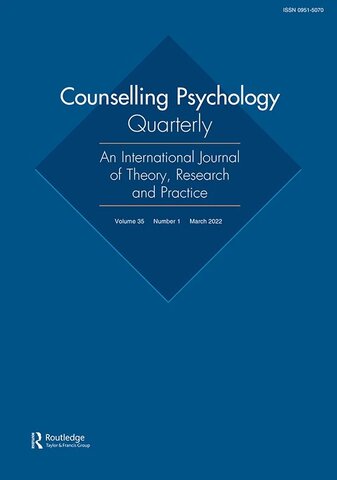Many young people in foster care experience significant mental health difficulties, leading to attendance at services where engaging them in psychotherapy that adequately meets their diverse needs is an ongoing challenge. There is a dearth of research exploring the experiences of young people in foster care, and even less on their experiences of therapeutic engagement. Using Interpretative Phenomenological Analysis (IPA), individual interviews were conducted with seven young people in foster care about their experiences of psychotherapy. Four superordinate themes were identified: being powerless; risking relationship; opening up; and finding connection. Young people revealed complex intrapersonal and interpersonal processes where they felt disempowered, drew on their courage to gradually build trust in therapists, were able to share their innermost thoughts and feelings and established deeper connections with themselves and others. This lived experience, illustrating a journey of relational connection, aligns with recognition theory, highlighting young people’s need for authentic recognition as individuals in their totality, for psychotherapy that offered emotional connection and opportunities for systemic relational growth. The study illuminates the inherent challenges of working with this population, while informing practice about how to engage with young people in foster care in a meaningful and helpful way.

